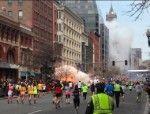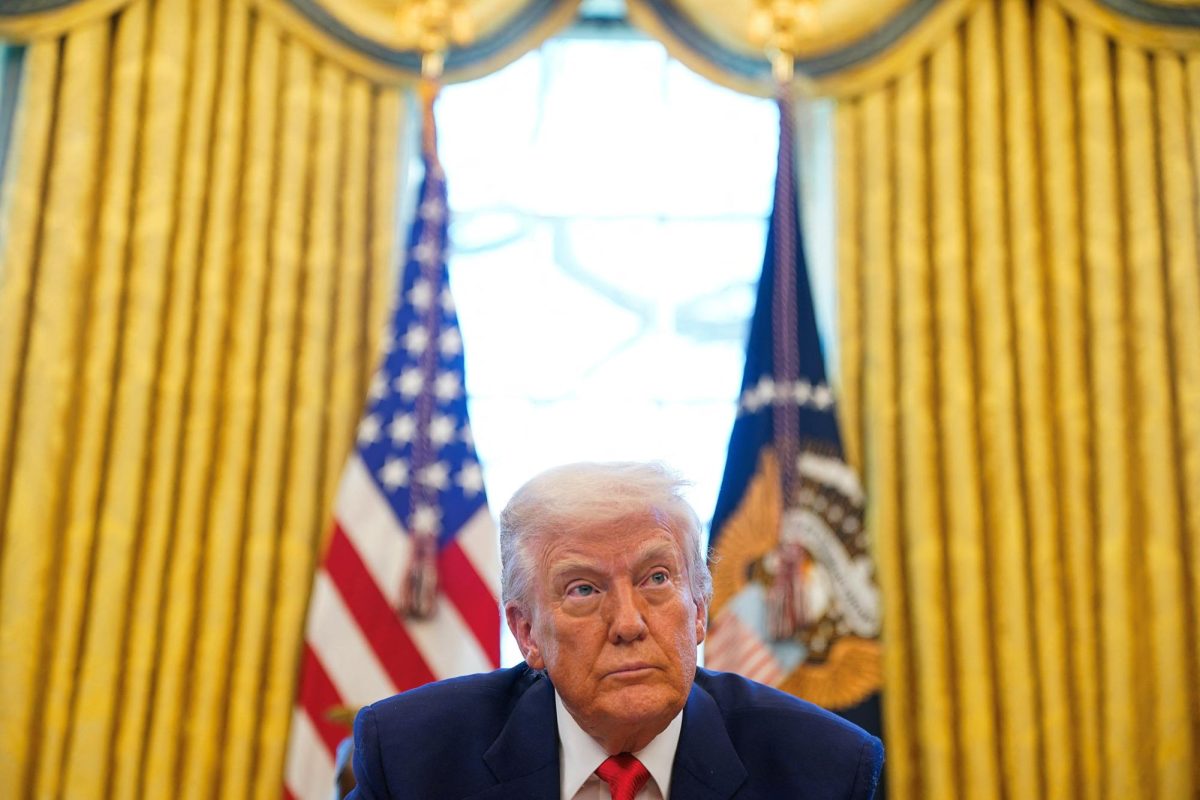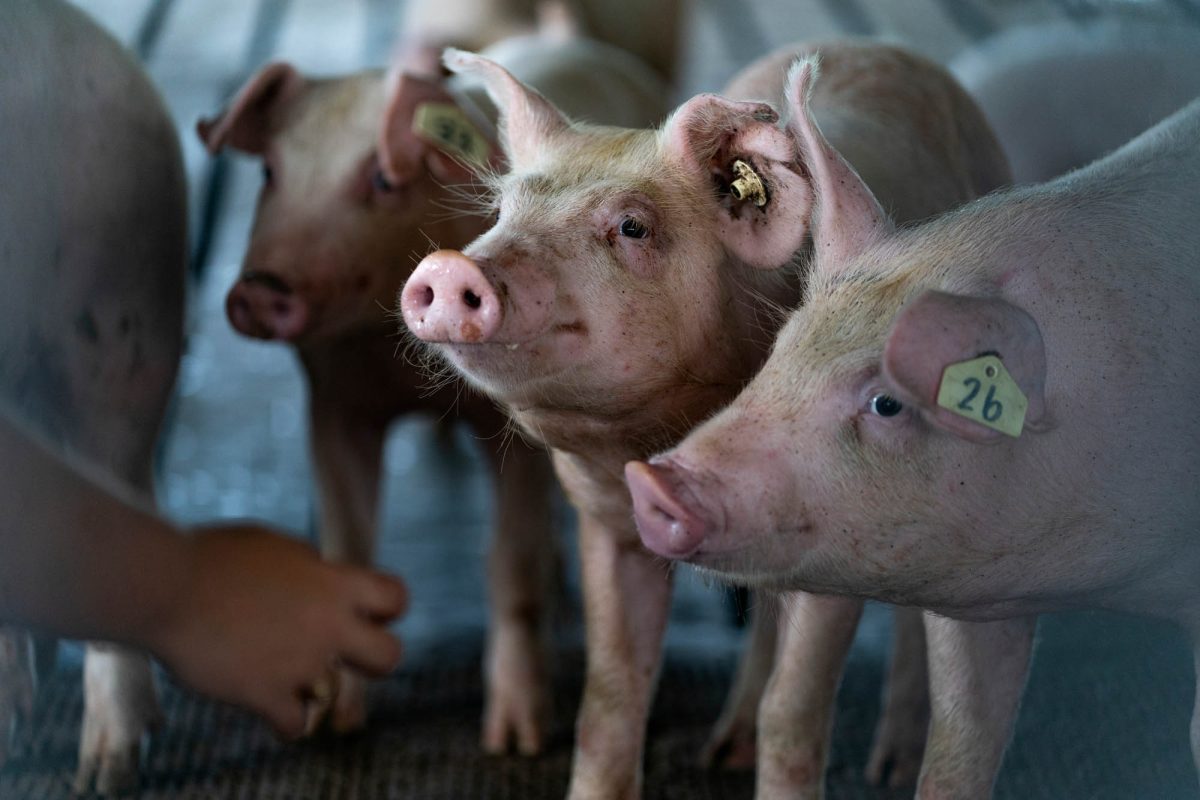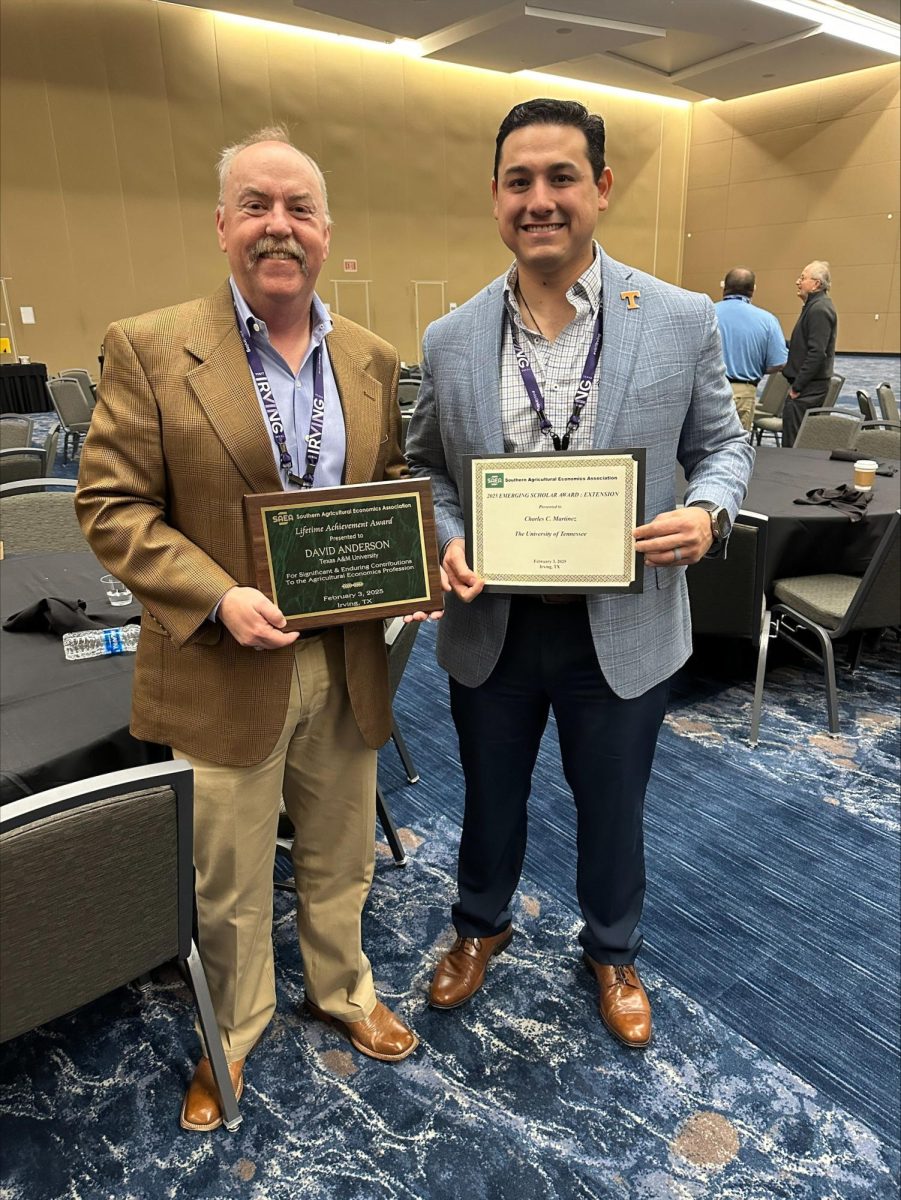Two bombs exploded Monday near the finish line of the Boston Marathon, killing three, injuring more than 170 and leaving, what President Barack Obama called on Tuesday, an “act of terrorism.”
“Anytime bombs are used to target innocent civilians, it is an act of terror,” Obama said Tuesday in his second public response to the Boston bombings. “What we don’t know, however, is who carried out this attack or why, whether it was planned and executed by a terrorist organization, foreign or domestic, or was the act of a malevolent individual.”
The Associated Press reported that federal agents found that the Boston Marathon was carried out with kitchen pressure cookers packed with explosives, nails and other lethal shrapnel – indicating that the bombs were meant to inflict maximum damage. Reports also say both bombs were stuffed into black duffel bags and left on the ground.
A July 2010 intelligence report by the FBI and the Department of Homeland Security stated that pressure-cooker explosives have been used in Afghanistan, India, Nepal and Pakistan, and were used in the May 2010 attempted bombing of Times Square.
The explosions killed 8-year-old Martin Richard of Boston, 29-year-old Krystle Campbell of Medford, Mass., and a Chinese graduate student at Boston University whose name was not released as of Tuesday.
The attacks that the FBI has called “well-planned” resulted in many victims suffering wounds to the lower extremities, with some requiring amputation.
Though the bombings occurred on Patriot’s Day, a Massachusetts state holiday to commemorate the first battles of the American Revolution, the attack’s connection to the holiday is unclear.
Larry Napper, senior lecturer at the Bush School of Government and Public Service and former ambassador to Kazakhstan and the Republic of Latvia, said the bombings may have been linked to the holiday.
“It seems to me that it would be hard to believe this was not a calculated timing,” Napper said. “It may have been related to the Patriot’s Day holiday – maybe it was someone who had an axe to grind as far as Patriot’s Day – or it was a matter of opportunity. Everyone knew that there would be a crowd there in Boston.”
Executive professor at the Bush School and Scowcroft Institute Fellow Andrew Natsios said the attacks may have been politically motivated.
“I think whoever did this was trying to make a political statement with maximum possible casualties because there is a huge crowd at the Boston Marathon,” Natsios said. “Second, it’s Patriot’s Day, so they are making some sort of political statement that Americans are not safe even on their national holidays.”
It’s fair to say that it makes Americans feel more insecure, Natsios said.
“They’ve kind of gotten over the fear generated in the 9/11 event; it has dissipated after all this time,” he said. “Now there may be fear of other places and that may affect public confidence in going to events where there are masses of people.”
Natsios said the implications of the bombing would be profoundly different whether they are determined to be a domestic attack or a foreign attack.
Richard Barrett, a former U.N. coordinator for an al-Qaida and Taliban monitoring team, said the relatively small size of the devices in Boston and the timing of the blasts suggest a domestic attack rather than foreign.
Though miles away, the Boston attacks were part of the personal stories of two individuals in the A&M community.
Robert Shandley, international studies department head at A&M, was a runner in the Boston Marathon, but finished the race an hour before the bombing. He explained the initially celebratory environment of the marathon that soon came to resemble a bloody war scene.
“It’s truly amazing because it’s a big local event and therefore that much more saddening when something like this happens, because they are all out there cheering for people who they don’t know,” Shandley said. “There was lots of generosity of spirit going on.”
Boston streets are usually filled with celebration the evening after the marathon. But Shandley said Boston was a quiet and eerie ghost town Monday night.
Shandley described the marathon as tightly secured, saying he saw bomb-sniffing dogs and security snipers on a roof near the starting line.
“If anything it speaks to their preparedness,” Shandley said. “They were ready for the worst, and sadly they got it.”
Senior kinesiology major Zach Ginnings also participated in the Marathon, and Shandley said that after the two met, they supported each other all the way across the finish line.
Like Shandley, Ginnings had fortunately finished the race long before the bombings and heard of the news when he turned on the TV.
“My hotel was about three blocks from the finish line where the attacks occurred and I had just gotten inside when the bombs went off,” Ginnings said. “I took a nap and I woke up about 3:30 p.m. with over twenty texts on my phone asking if I was OK. I had no idea what they were talking about until I turned on the news.”
Shandley said before the beginning of the marathon, there was a moment of silence in honor of the victims of the shootings in Newtown, Conn., and that the marathon’s 26 miles was said to signify the 26 people killed at Sandy Hook Elementary School.
An envelope addressed to Sen. Roger Wicker of Mississippi which tested positive on Tuesday for ricin, a potentially fatal poison, reportedly heightened concerns about terrorism a day after the Boston Marathon bombings.
Danny W. Davis, Bush School lecturer and director of the Graduate Certificate in Homeland Security, made a connection between the Boston bombings and ricin-poisoned letter, and the 9/11 attacks and anthrax threat letters in 2001.
“There were the anthrax-laced letters sent to the Senate Office Building in DC. and Clayton Waagner was conducting a deception campaign against the abortion industry,” Davis said. “Between September and December 2001, Waagner sent well over 500 anthrax threat letters to abortion clinics around the country.”
Davis drew a parallel between to the terrorist threats and attacks of 2001 and those of 2013, and he expressed his speculations about the source of Boston’s recent bombings.
“The fact that no Islamist group has come forward to claim credit [for the bombings] is interesting,” Davis said. “I am beginning to think there might be others than Islamists behind the bombings in Boston.”
Well-planned’ attack threatens national security
April 17, 2013

0
Donate to The Battalion
$2790
$5000
Contributed
Our Goal
Your donation will support the student journalists of Texas A&M University - College Station. Your contribution will allow us to purchase equipment and cover our annual website hosting costs, in addition to paying freelance staffers for their work, travel costs for coverage and more!
More to Discover









